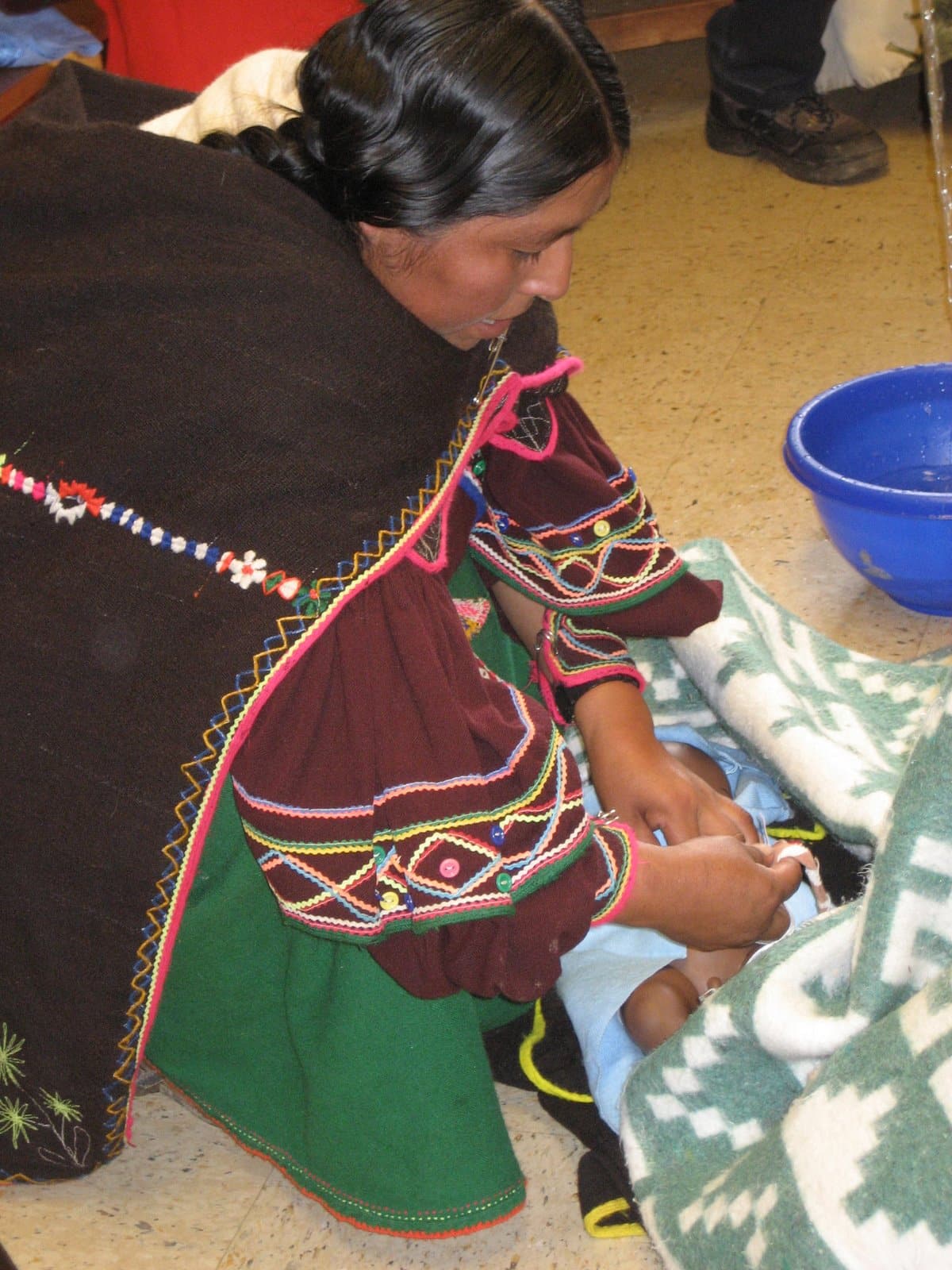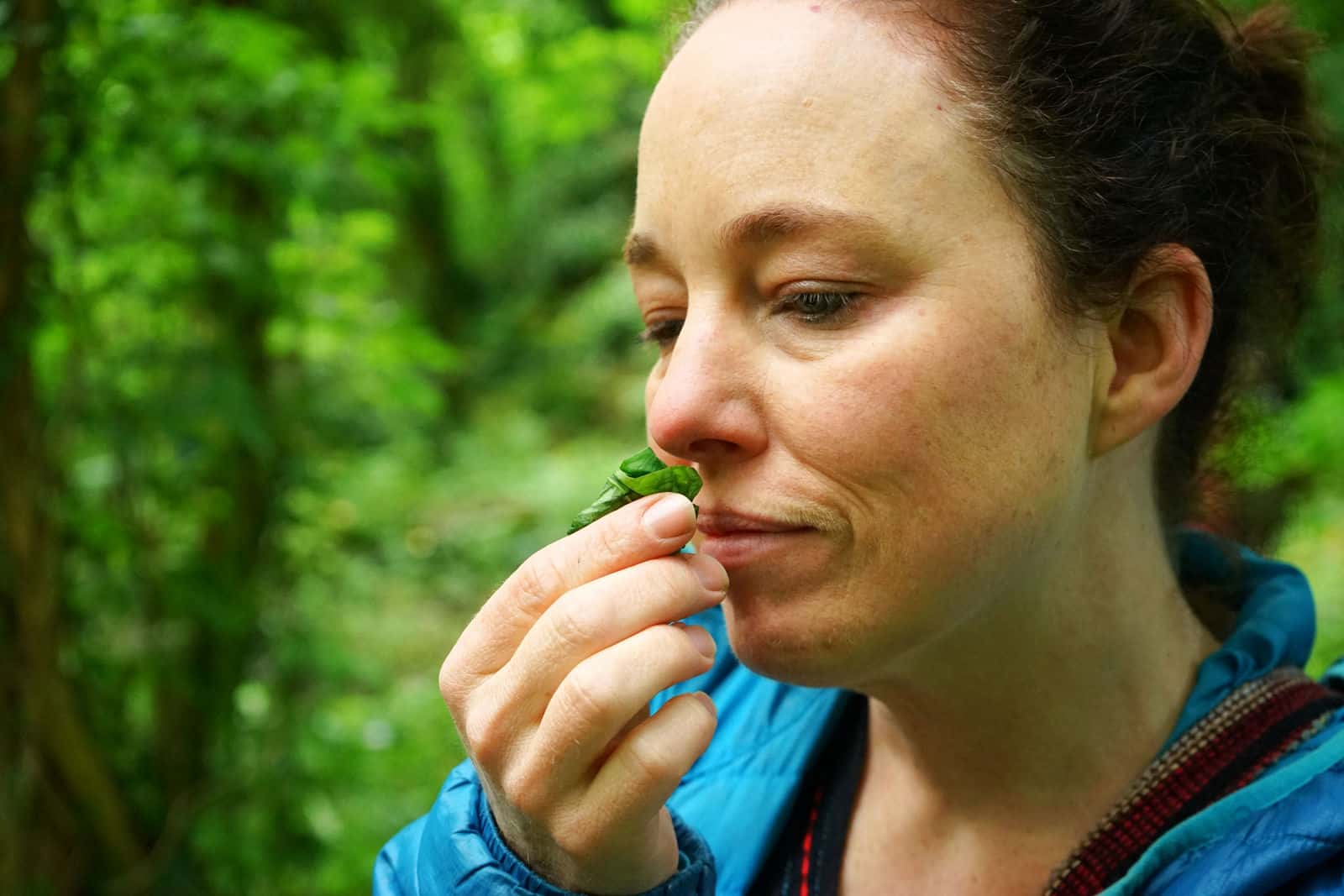Reclaiming Ancestral Knowledge: Decolonising Health from the Kitchen to the Clinic By Rachel Dempsey

Inculcated into the modern madness of throwing out perfectly useful items and buying a poorer equivalent in the supermarket to replace it, I used to discard left over animal fat and buy vegetable oil to cook with. I have now come to my senses and fry up my veggies with delicious leftover duck fat saved in a little jar in the fridge instead of using highly processed inflammatory seed oils in plastic. Somewhat vilified in modern times, animal fat was traditionally prised by many cultures as a source of nutrients, a healing balm for the skin and way to connect to the bounty of nature and the land. Animal fat is also a key ingredient in birthing rituals around the world. Recently a friend told me today she uses beef tallow and honey to moisturise her face and relatedly, many of us in Ireland are now concocting teas and balms for everyday ailments, made from the abundant medicinal plants around us such as nettle, meadowsweet and yarrow.
Indigenous cultures remind us that human health relies on the health of Mother Earth, known in the Andes as Pachamama. Without healthy air, water, soil and food, humans cannot thrive. Some years ago, I spent time with a women’s collective who were promoting the ‘rehumanisation’ of birthing practices in Bolivia. In La Paz I met Valentina, an Aymara ‘partera’, or traditional midwife. Valentina has what she described as a ‘natural gift’ for delivering children, an ability she says she receives from the ‘pachamama‘, from Mother Earth. Using knowledge of herbal remedies, birthing positions and cultural rituals passed from mother to daughter for thousands of years, she has assisted in hundreds of births with no fatalities. However, the euro-centric, patriarchal medical establishment have historically ignored and rejected the work of many traditional midwifes in Bolivia and other Andean countries. Bolivia has one of the highest maternal mortality rates in the Western Hemisphere, and medical care for pregnant Indigenous women is often geographically as well as culturally inaccessible. Near Lake Titicaca, in the remote mountainous community of Titicachi, I met Indigenous Aymara women who described being shouted at, insulted and berated for their Indigeneity when accessing the mainstream Bolivian healthcare facilities in larger urban centres.
Thankfully, progress towards a more pluralistic, decolonial approach to childbirth across the Andes is being made. In Otavalo in Northern Ecuador traditional wisdom is being integrated with modern medicine with the establishment of an intercultural maternity room at San Luis Hospital and the Bolivian constitution recognises traditional medicine as integral to the national health system. In the humble health centre in Titicachi, the Indigenous parteras shared some of their wisdom, describing the use of animal fats, herbs, massage, coffee smells and water sounds as well as offerings to Pachamama. In the Andean Indigenous cosmovision, the act of a woman giving birth is akin to the fecundity and generosity of Mother Earth and their holistic vision of human health as inseparable from the environmental health is a forerunner of the modern concept of planetary health. The bio-medical Eurocentric approach to healthcare must be seen as one strand of many, one which can exist side by side with the wisdom held by traditional communities around the world. Ultimately however, both traditional and modern medicine are contingent on the ongoing thriving of planet Earth.
Decolonising global health is about remembering what has been forgotten — the intimate, reciprocal relationship between people and planet. When we honour ancestral knowledge, whether in a Bolivian birthing room or a kitchen in rural Ireland, we take a step towards honouring the deep, reciprocal relationship between humans and the Earth.
About Author:
 Rachel Dempsey is a highly experienced global citizenship/sustainability educator who provides training for diverse organisations through her project Full Circle Change. Rachel is passionate about change at a paradigm/worldview level, and draws on her expertise in transformative education, nature connection, group singing, holistic wellbeing and systems thinking when working with groups. Rachel has degrees in Latin American Studies (BA); Ethnomusicology (MA) and Climate, Justice and Sustainability (MA). Her work has been featured by RTE and she was interviewed as one of Ireland’s leading climate visionaries on SEAI’s 180 Degree podcast.
Rachel Dempsey is a highly experienced global citizenship/sustainability educator who provides training for diverse organisations through her project Full Circle Change. Rachel is passionate about change at a paradigm/worldview level, and draws on her expertise in transformative education, nature connection, group singing, holistic wellbeing and systems thinking when working with groups. Rachel has degrees in Latin American Studies (BA); Ethnomusicology (MA) and Climate, Justice and Sustainability (MA). Her work has been featured by RTE and she was interviewed as one of Ireland’s leading climate visionaries on SEAI’s 180 Degree podcast.
Rachel also delivered a Talk at our IGHNx Humanity and Health event in 2023, entitled The Climate as a Mirror .
CATEGORIES
- Restore Humanity Campaign
- Equity in Action Blog
- Training Programmes
- Sponsorship
- Vaccine Equity
- Get Global – Global Health Talks
- Student Outreach Team
- Get Global Young Professionals Talk Global Health
- Global Health Matters – Live Event Series
- Global Health Matters – IGHN Live Event Series
- An initiative of Irish Global Health Network
- ESTHER Ireland and ESTHER Alliance for Global Health Partnerships
- Global Health Matters – Webinar Series
- ESTHER
- IGHN Conferences
- Global Health Conference 2020
- Women in Global Health – Ireland Chapter
- ESTHER Partnerships
- Weekly Webinar Series
- 4th Global Forum on HRH
- Access to Medicines
- Archive Page Weekly COVID Webinars
- Clean Cooking 2019
- Climate Change and Health Conference 2017
- Conference Abstracts
- Conference Materials
- Covid FAQ
- COVID Funding Opportunities
- COVID-19
- COVID-19: Gender Resources
- Dashboard and online resources
- Education
- ESTHER Alliance
- Events
- Events & News
- Funding covid
- Global Health Exchange 2018
- Global Health Exchange 2019
- Global Health symposium 2019
- Health Workforce/HRH
- Homepage Featured
- Homepage recent posts
- IFGH 2011-2012 Conference and Events
- IFGH 2014 Conference
- IFGH Multimedia
- Irish AIDS Day 2017
- Irish News and Feeds
- Key Correspondent Articles
- Key Correspondent News
- Maternal Health
- Multimedia
- News
- News & Events
- Newsletter
- Opportunity
- Our LMIC's Resources for COVID19
- Partner Country News and Feeds
- Past Events
- Policy
- Presentations
- Recurring events
- Reports & Publications
- Research
- Resources
- Student Outreach Group
- Students Corner
- TEDTalks
- TRAINING COURSES FOR HEALTH CARE PROFESSIONALS
- Uncategorized
- Upcoming Events
RECENT POSTS

Reclaiming Ancestral Knowledge: Decolonising Health from the Kitchen to the Clinic By Rachel Dempsey

Impact testimonies- Lombani

Impact Testimony – Shadrick

Power, Inequality, Decolonisation – and Living My Recovery By Bronwyn April

Global Health Without Borders: Reflections on the Power of Diverse Voices

